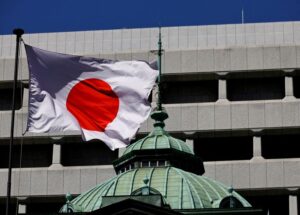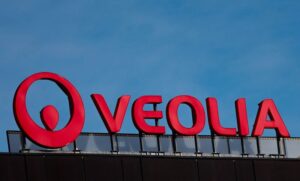US firms increasingly unwelcome in Chi
US firms increasingly unwelcome in Chi
BEIJING: US firms feel increasingly unwelcome in China, top American officials said Tuesday, as disagreements overshadowed an annual dialogue in Beijing.The comments came as a survey of European firms said China’s slowing growth was matched by an “increasingly hostile,” business environment.American companies are “questioning whether they are welcome in China”, US treasury secretary Jack Lew told a meeting of CEOs on the sidelines of the Strategic and Economic dialogue.”Concerns about the business climate have grown in recent years,” he added.Top US diplomat John Kerry urged Beijing to “get the barriers out of the way” of companies, adding that the two countries have yet to resolve concerns on intellectual property and clarify “the rules of the road”.”As every businessperson at this table knows, certainty, clarity, even-handedness … and an equal application of the laws to everybody is critical to the confidence of the marketplace,” he said.He added that a Chinese law on foreign non-governmental organisations, including universities and professional groups, set to come into force next year would seriously curtail their ability of to work in China.Lew and Kerry made their comments in a meeting with CEOs from US corporations including metals manufacturer Alcoa, which has accused China of dumping aluminium on world markets.The group also included executives from China’s Wanda Group, whose recent overseas buying spree included the purchase of Hollywood studio Legendary earlier this year.China’s vice-premier Wang Yang called on companies to seek “win-win results” while acknowledging that “in a market economy there will always be competition between our businesses”.The event came on the second day of the annual dialogue whose opening was marked by pointed exchanges on China’s alleged overproduction of steel.Lew said excess capacity had a “distorting and damaging effect” on world markets, but China’s finance minister replied that the world was merely “pointing a finger” at his country.





